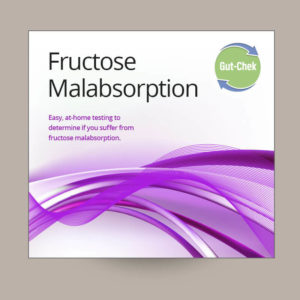For accurate test results, you must avoid certain foods, drinks, supplements and medicines before the test. Many items we ingest during our day will be metabolized to hydrogen or methane gas, sometimes very slowly. You can reduce false results by avoiding these items prior to the test.

Fructose Malabsorption Breath Test Preparation
For Optimal Preparation
- If you had a recent colonoscopy or barium enema procedure, wait two (2) weeks before using this test.
- Do not use this test if you are taking any oral broad-spectrum antibiotics or bismuth preparations such as Pepto Bismol within four (4) weeks prior to administering the fructose malabsorption breath test.
- Avoid probiotics and laxatives, stool softeners or stool bulking agents for 24 hours prior to the test including: Colace, Milk of Magnesia, Ex-Lax, Metamucil or Citrucel
What Can You Take Before the Test
- All other prescription drugs, except oral antibiotics, may be taken prior to the test.
- All vitamins and supplements may be taken prior to the test.
Diet Preparation 24 Hours Before the Test
Avoid these foods: Beans, whole wheat pasta, all fruits, fiber or bran cereals, tofu, nuts, whole wheat and rye breads and high fiber foods (whole grains).
Examples of foods you can eat: Fish, chicken, eggs, white potatoes, white bread, white rice, regular pasta, dairy and well cooked vegetables.
What to do the Night Before the Test
STOP EATING eating at least 8 hours before the test. You may drink water before the test.
What to do the Day of the Test
- DO NOT eat, chew gum or tobacco, smoke cigarettes before or during the test.
- DO NOT sleep or exercise during the test.
- DO TAKE prescription medications with a small amount of water prior to or after the test.
- DO BRUSH your teeth prior to the test.
Potential Complications of the Fructose Malabsorption Breath Test
There are very few potential complications during the 3-hour testing. Patients may feel discomfort from ingestion of fructose including diarrhea, gas, cramping or bloating. This discomfort is transient.


